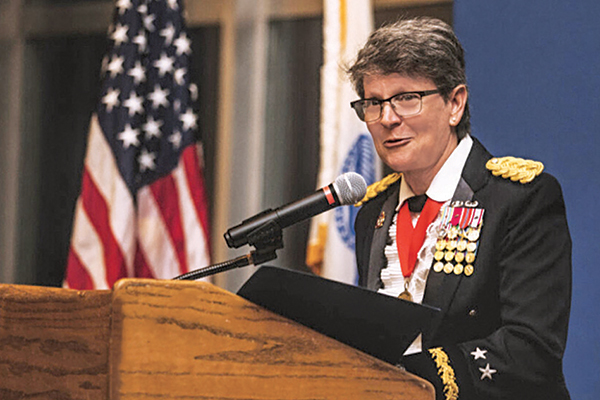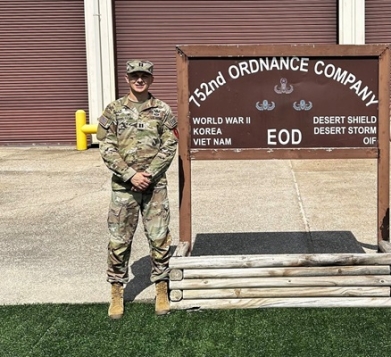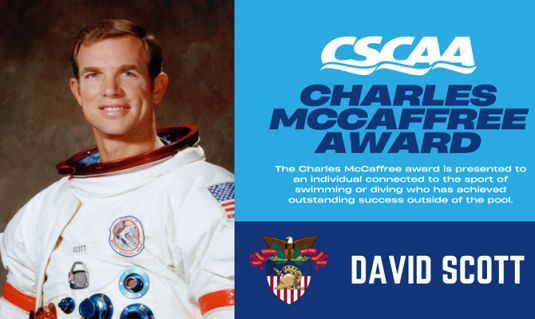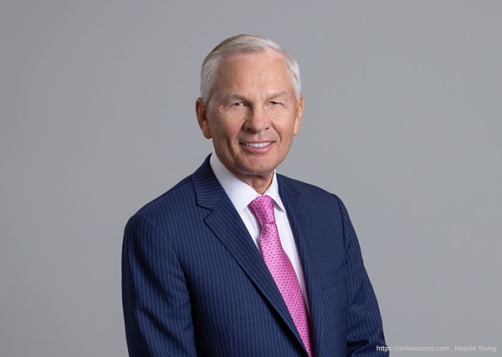Last year, a group of cadets taking part in a USCC leadership development program visited Fort Belvoir, Virginia and had the opportunity to meet with current U.S. Army Reserve general officers. Over lunch, these general officers explained to the cadets what they do in their civilian careers and what they do in the Army Reserve. The cadets were surprised to learn about their path to leadership. They had no idea that such an option existed in the Army. Neither do most grads. Major General Deb Kotulich ’90 (USAR), the incoming Deputy Chief of Army Reserve, hopes to change that.
“Starting in 2024, we are going to be sending USMA-commissioned general officers to cover the Service Academy Career Conference [SACC],” Kotulich says. “We want to make sure that those West Point junior officers who are looking to separate are aware that they can continue serving the nation through a Reserve option.” Kotulich notes that during the 2023 San Diego SACC, held last August, Colonel (Promotable) Brandi Peasley ’94 explained the Reserve path to West Point grad attendees, several of whom opted to continue to serve.
“We’ve been focused on the active component for many years out of necessity; now we need to start looking at the Reserve and National Guard. There’s more West Point grads can do in these arenas as we start to focus on the total force.”
—MG Deb Kotulich ’90 (USAR)
“Back in my day, the Army had a strategic Reserve, and it was often viewed pejoratively by those in active duty,” says Kotulich. “With the Global War on Terrorism, the Reserve was mobilized for a consistent deployment and is now an Operational Force.” Kotulich cites Task Force Spartan—National Guard and U.S. Army Reserve units mobilized with active Army units through Operation Spartan Shield to maintain a U.S. military posture in the Middle East—as an example of this. “Today’s Army senior leaders know and understand the role that the Guard and Reserve play in the Army’s ability to fight our nation’s wars,” she says. “In my view, there are better prepared units in today’s Reserve, ready for whatever mission they need to achieve, and I’m inspired to be part of building the leaders and training the soldiers for our Compo 3 [U.S. Army Reserve] formations.”
There are 1,760 West Point graduates serving in the Compo 3 Reserve today, including a number of successful general officers, Silver Star recipients, and many others who are doing great things in service to the nation. “Just look at Lieutenant Colonel Rubio or, in the National Guard, General Dan Hokanson ’86, the 29th Chief of the National Guard Bureau,” Kotulich says. “The examples are plentiful.” Furthermore, for those who are in the dark about what service opportunities are available after separation from active duty, Kotulich notes that the Compo 3 Army Reserve is the majority of the total Army’s sustainment, military police, and engineer capabilities and more. “As an example, the Reserve handles 80 percent of sustainment operations for the Army: food, fuel, transportation, repairs, distribution, and more,” she says. “The Reserve is integral to the total force.”
Kotulich, who previously served as the Director of the Army Recruiting and Retention Task Force before her current role, states that if active duty doesn’t suit a younger grad’s situation after his or her service obligation from West Point, there are options for continuing the mission, the camaraderie, and the leadership opportunities. One program to consider is the career intermission program. An active-duty officer may choose to take a year off to take care of a personal matter or pursue a professional matter. According to Kotulich, grads just need to leave the door ajar as they are separating so that they can come back if circumstances change or if they discover that they
miss serving.
“We’ve been focused on the active component for many years out of necessity, but we also need to look at the Reserve and National Guard,” says Kotulich. “There’s more West Point grads can do in these arenas, allowing us to focus on the total force.”
What do you think? Click here to answer 3 questions.




